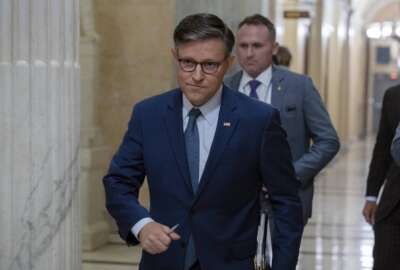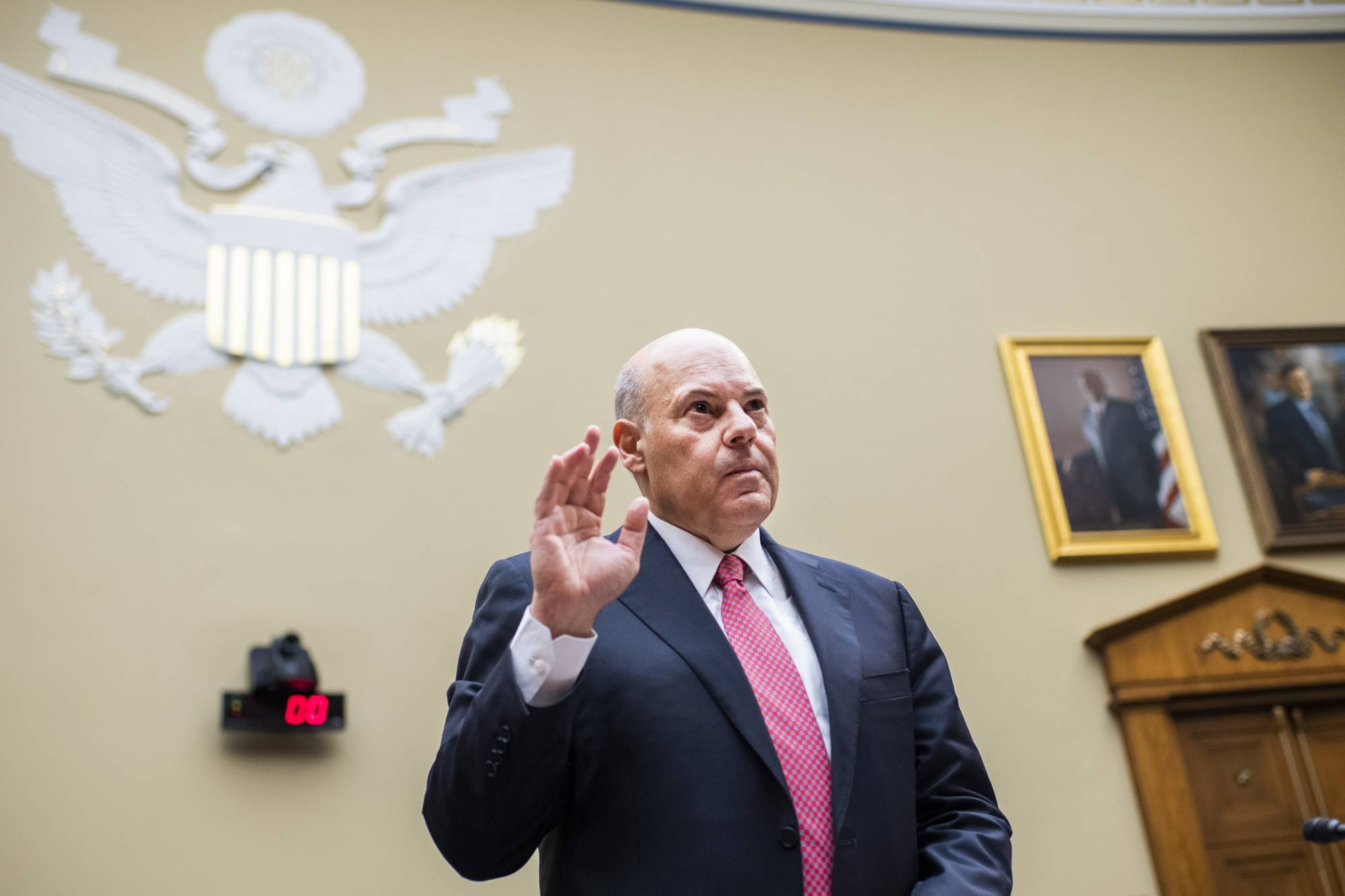9 former US ambassadors urge Congress not to cut UN funding
Nine former U.S. ambassadors to the United Nations are urging Congress to maintain America's leadership at the world body by fully funding its operations
UNITED NATIONS (AP) — Nine former U.S. ambassadors to the United Nations are urging Congress to maintain America’s leadership at the world body by fully funding its operations.
Their letter to congressional leaders released Tuesday was a response to the Trump administration’s proposal to cut funding for the U.N. and other international organizations as part of its plan to reduce the State Department’s budget by roughly one-third.
It followed a lunch hosted by President Donald Trump at the White House on Monday for members of the U.N. Security Council, who also raised the importance of continued U.S. funding.
The ambassadors, who served under five different Republican and Democratic presidents, said they understand the frustration in Congress “at what can seem a needlessly slow pace of critical management, budgetary, and accountability reforms at the U.N.”
But, they added, “While the U.N. is imperfect, and many reforms are needed, the U.N. remains an indispensable instrument for advancing the global stability and prosperity on which U.S. interests and priorities depend.”
Withholding or slashing funding “weakens our hand, alienates allies whose support is critical to our reform priorities, undermines essential U.N. activities that promote core American interests and values, and costs us more over the long term,” they said.
“It also cedes the agenda to countries that can be hostile to our interests and more than willing to see the U.S. give up its seat at the table,” the ambassadors warned.
Former U.S. Secretary of State Madeleine Albright, who served as U.N. ambassador in 1993-1997 during the Clinton administration, said in a conference call that “this means that other powers, most prominently China and Russia, will do everything they can to fill the leadership gap.”
“This is not the time for cuts in funding and nor is it the time to cut back on funding for U.S. diplomacy and development and democracy programs as the Trump administration has proposed,” Albright said.
“The U.S. needs to be doing more, frankly, not less in the world,” she said. “Otherwise, the cascade of crises abroad is only going to multiply and threaten our security at home.”
Albright expressed hope that Trump’s decision to host the Security Council “was a recognition that he understood that our role at the U.N. was something good for the United States.”
The United States is the largest contributor to the U.N. budget, reflecting its position as the world’s largest economy. It pays 25 percent of the U.N.’s regular operating budget and over 28 percent of the separate peacekeeping budget.
The Trump administration is conducting a review of the U.N.’s 16 far-flung peacekeeping operations, which cost nearly $8 billion a year, and cutting their costs and making them more effective is a top priority for the current U.S. ambassador, Nikki Haley.
The nine former ambassadors urged Congress to give Haley and U.N. Secretary-General Antonio Guterres, who took office Jan. 1, time “to work together to create a more efficient, effective and responsive U.N.”
Copyright © 2024 Federal News Network. All rights reserved. This website is not intended for users located within the European Economic Area.





